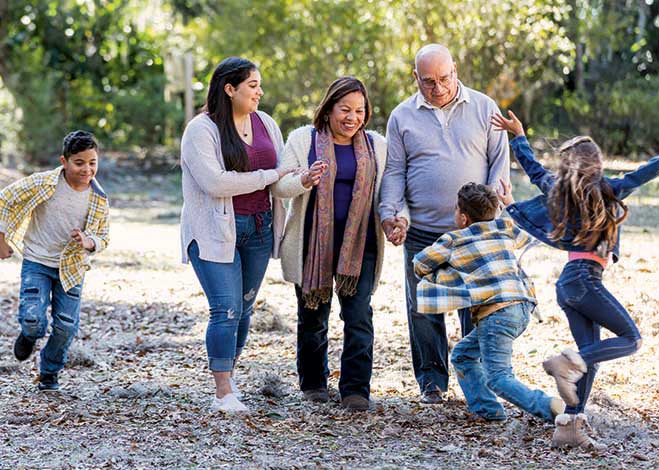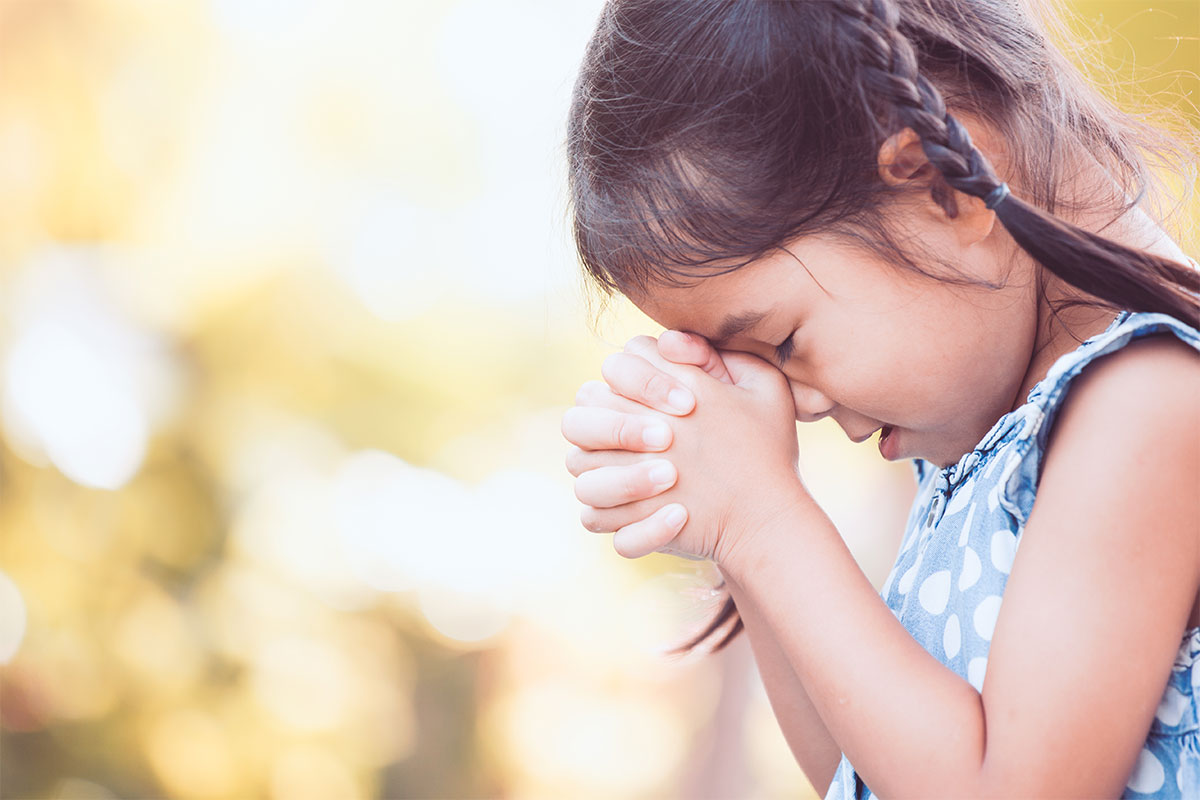3 Things To Know About The Flu Shot
Nov 30, 2022

Every flu season is different, and influenza can affect people differently, but millions of people get flu every year according to the Centers for Disease Control (CDC), hundreds of thousands of people are hospitalized and thousands of people die from flu-related causes every year.
Discover more ways to fight illness this season
1. A flu shot can protect you from getting sick with the flu or reduce the likelihood of severe illness and hospitalization if you do get sick.
2. The flu vaccine is designed to protect you from the major flu strains that scientists think will be the most common in the upcoming flu season.
3. It takes about two weeks after vaccination to be fully protected by antibodies, so plan to get your shot early — flu season peaks from December to March.
Leadership
Further Reading: Why Do I Need A Flu Shot?
Do I need the flu shot and the COVID-19 vaccination?
COVID-19 and influenza share many symptoms, but the viruses that cause them are different. For this reason, Adventist Health providers recommend getting your annual flu shot in addition to the COVID-19 vaccination.
After all, the COVID-19 vaccines are effective at protecting fully vaccinated people against severe illness from the SARS-CoV-2 virus, not the influenza virus. That means your best shot at staying well in the coming year is being fully vaccinated against both COVID-19 and the flu.
Shots that fit your schedule
Work, appointments, errands, child care — with so much to juggle, getting vaccinated can easily drop to the bottom of your to-do list. If you can’t make an appointment at one of more than 25 primary care locations across the Central Valley, Adventist Health has additional options that make it easier to get immunized so you can stay healthy all season long. Visit the same-day clinic in Hanford for a checkup and get up to date on your immunizations, including the flu shot and the COVID-19 vaccine. Or visit one of Adventist Health’s after-hours clinics across the Central Valley, which offer evening and weekend hours for busy patients.


